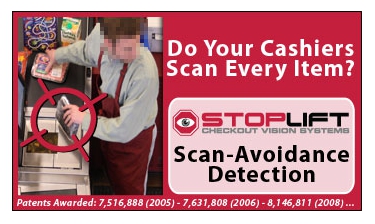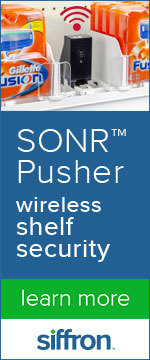|
|
|
He started turning up there as well. Ms Marra, from Melbourne, did not tell her employer what was happening because the colleague was more senior. "I didn't say
anything to anyone because I thought I was being paranoid," she said. "I needed shifts otherwise I couldn't eat, I couldn't go to uni, I couldn't do anything. "You feel like there is no recourse, no-one you can go to, there's no-one you can talk to." Like many teenagers,
Ms Marra's first taste of the working world was in retail, but for some young
women, it is also their introduction to workplace sexual harassment. ●
Peers (27 per cent) More than one response was possible. "It really calls out retail and fast food outlets to start looking at the behaviour of customers and [to] make sure the young workers know that they can speak up."
The SDA would also like to see more education and training for co-workers. If not, Ms Fox said businesses were making themselves vulnerable to workplace injury claims and reputational damage. "We have dropped the ball and it's time employers really focused on this issue," she said. As part of the
survey, the Human Rights Commission collected anecdotal reports about the types
of sexual harassment workers had experienced.
The survey found three-quarters of incidents took place at an employee's work station, such as a cash register or food preparation area. Many workers
mentioned having their hands touched or grabbed through drive-through windows as
they tried to hand customers change. Ms Fox said retail workers were already frequently swapping name tags with co-workers to avoid identification. "I think we need to
address the reasons workers are feeling unsafe then issues like name badges
won't be so important."
Ms Jenkins said, as a parent, she had been shocked by some of the reports from employees as young as 15 collected as part of the survey. It found 51 per cent
of girls aged 15 to 17 had experienced sexual harassment at work and often young
people thought "it makes me feel creepy, but should I make a fuss?". "I think parents should be looking at workplaces where kids are going and really asking 'what are the arrangements in place?'." The ABC asked several retail and fast food outlets what they did to protect their workers. In a statement, Coles — one of the biggest retail employers in Australia — said it had procedures in place and free employee assistance programs. A McDonald's spokeswoman said security measures included CCTV, training, strict workplace policies, security protocols and security guards. While a Woolworths
spokeswoman said the company did not tolerate threatening and abusive behaviour
and would not hesitate to ban customers who did not comply. The report found 4 per cent of workers had been sexually harassed because of an inappropriate marketing campaign by a retailer. And it found that when retailers did have a suggestive campaign, it led to one in five of their workers being sexually harassed. The survey also found harassment took a heavy toll on the mental health of retail workers. Nearly half said it affected their mental health and more than one-third said it affected their self-esteem. Ms Marra, now 25, knows this all too well. She has spent more than six years in retail and said years of questioning whether she was simply being paranoid eroded her self-confidence. "I felt worthless, I internalised everything, I blamed myself for everything and it bled it into my actual life," Ms Marra said. "I lost
confidence in my schooling, I lost confidence in my interactions, I lost
friendships because I couldn't trust anyone. I couldn't trust myself." |
|
|
|
|








